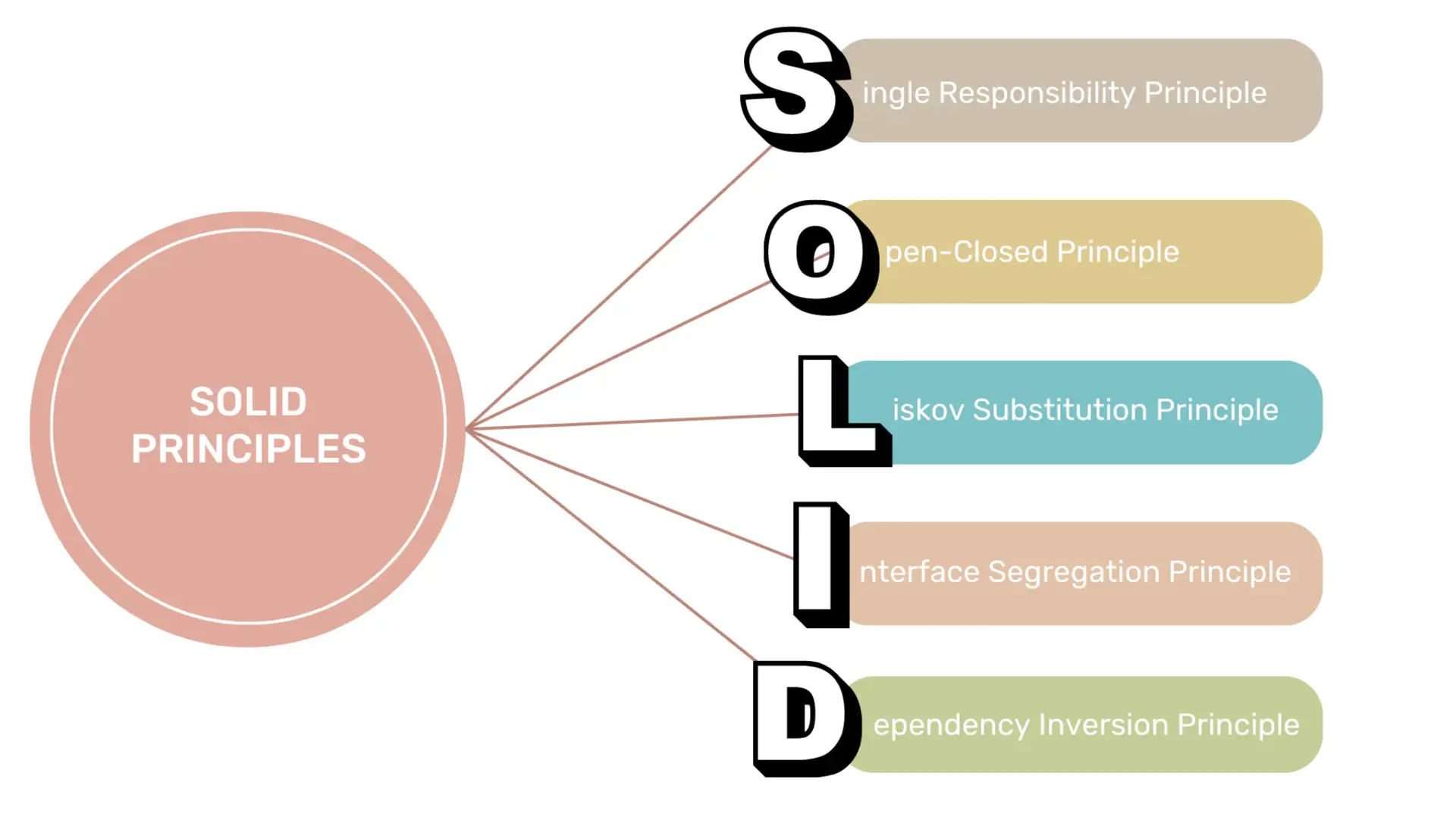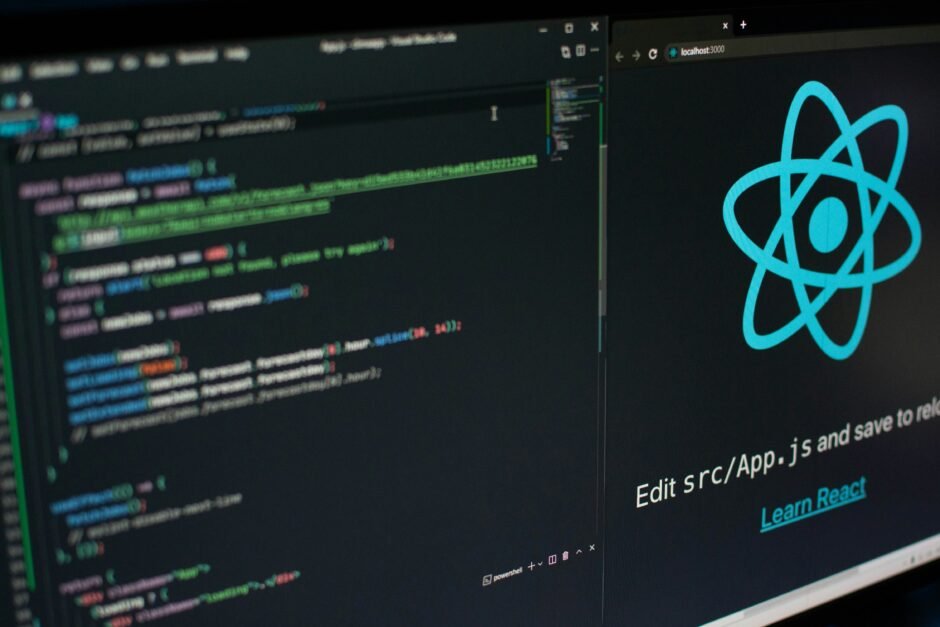Introduction In the field of machine learning, the gradient descent algorithm is a fundamental optimization technique used to minimize the cost function of a model. It is widely used in…
TensorFlow in Practice: A Comprehensive Guide to Mastering Machine Learning

Learn about TensorFlow, an open-source machine learning framework developed by Google.
Discover its key features, applications in image recognition, natural language processing, and time series analysis.
Get started with TensorFlow by following installation steps and building your first model. Unlock the potential of machine learning with TensorFlow today!
Machine learning has revolutionized the way we solve complex problems, enabling us to make predictions, recognize patterns, and uncover hidden insights from vast amounts of data.

One of the most popular and powerful tools in the field of machine learning is TensorFlow. In this blog post, we will delve into the world of TensorFlow and explore its applications, features, and benefits.
Introduction to TensorFlow & Machine Learning
TensorFlow is an open-source machine learning framework developed by Google.
It provides a flexible and efficient environment for building and deploying machine learning models.
With TensorFlow, developers can create neural networks and deep learning models that can handle a wide range of tasks, such as image recognition, natural language processing, and time series analysis.
Key Features of TensorFlow
TensorFlow offers a plethora of features that make it a go-to choice for machine learning enthusiasts and professionals:
- Flexibility: TensorFlow allows developers to build models using high-level APIs like Keras or low-level APIs for more customization.
- Scalability: TensorFlow supports distributed computing, enabling the training and deployment of models on multiple devices and machines.
- Visualization: TensorFlow provides tools for visualizing and understanding the behavior of machine learning models, aiding in model debugging and optimization.
- Community Support: TensorFlow has a large and active community of developers who contribute to its development and provide support through forums and tutorials.

Getting Started with TensorFlow & Machine Learning
If you’re new to TensorFlow, getting started can seem intimidating.
However, with the right resources and guidance, you can quickly become proficient in using TensorFlow for your machine learning projects. Here are the steps to get started:
Step 1: Installation
The first step is to install TensorFlow on your machine. TensorFlow can be installed using pip, the Python package manager. Open your terminal or command prompt and run the following command:
pip install tensorflowMake sure you have the latest version of Python installed on your machine before proceeding with the installation.
Step 2: Learning the Basics
Before diving into complex machine learning models, it’s essential to understand the basics of TensorFlow.
Familiarize yourself with the core concepts, such as tensors, operations, and graphs. TensorFlow provides extensive documentation and tutorials to help you grasp these fundamental concepts.
Step 3: Building Your First Model
Once you have a good understanding of the basics, it’s time to build your first TensorFlow model. Start with a simple example, such as a binary classification problem or a regression task.
TensorFlow provides a wide range of pre-built models and datasets that you can use as a starting point.
Here’s a code snippet that demonstrates how to build a basic neural network using TensorFlow:
import tensorflow as tf
# Define the model architecture
model = tf.keras.models.Sequential([
tf.keras.layers.Dense(64, activation='relu', input_shape=(input_dim,)),
tf.keras.layers.Dense(64, activation='relu'),
tf.keras.layers.Dense(1, activation='sigmoid')
])
# Compile the model
model.compile(optimizer='adam',
loss='binary_crossentropy',
metrics=['accuracy'])
# Train the model
model.fit(X_train, y_train, epochs=10, batch_size=32)
# Evaluate the model
loss, accuracy = model.evaluate(X_test, y_test)Applications of TensorFlow & Machine Learning
TensorFlow has gained popularity due to its versatility and wide range of applications. Here are some areas where TensorFlow excels:

Image Recognition
TensorFlow has been extensively used in image recognition tasks, such as object detection, image classification, and image segmentation.
With pre-trained models like Inception, ResNet, and MobileNet, developers can achieve state-of-the-art performance in image analysis.
Natural Language Processing
TensorFlow provides tools and models for natural language processing tasks, including text classification, sentiment analysis, and machine translation.
Models like BERT and GPT-2 have set new benchmarks in language understanding and generation.
Time Series Analysis
TensorFlow’s robustness and flexibility make it an excellent choice for time series analysis.
It can handle tasks like forecasting, anomaly detection, and pattern recognition in time-dependent data.
Conclusion
TensorFlow is a powerful and versatile framework that empowers developers to build and deploy machine learning models with ease.
Whether you’re a beginner or an experienced practitioner, TensorFlow provides the tools and resources necessary to excel in the field of machine learning.
By following the steps outlined in this blog post, you can embark on your journey to mastering TensorFlow and unlock the potential of machine learning.
So, what are you waiting for? Start exploring TensorFlow today and unleash the power of machine learning!

https://itexamsusa.blogspot.com/2023/12/mastering-matlab-programming-for.html
https://itexamsusa.blogspot.com/2023/12/monolith-vs-microservices-which-one-is.html
https://itexamsusa.blogspot.com/2023/12/publicprivate-keypairs-and-generating.html
https://itexamsusa.blogspot.com/2023/10/exam-dp-203-data-engineering-on.html
https://itexamsusa.blogspot.com/2023/10/ccnp-enterprise-advanced-routing-enarsi.html
https://itexamsusa.blogspot.com/2023/10/red-hat-certified-engineerrhce-ex294.html
https://itexamsusa.blogspot.com/2023/09/github-actions-to-auto-build-your.html































